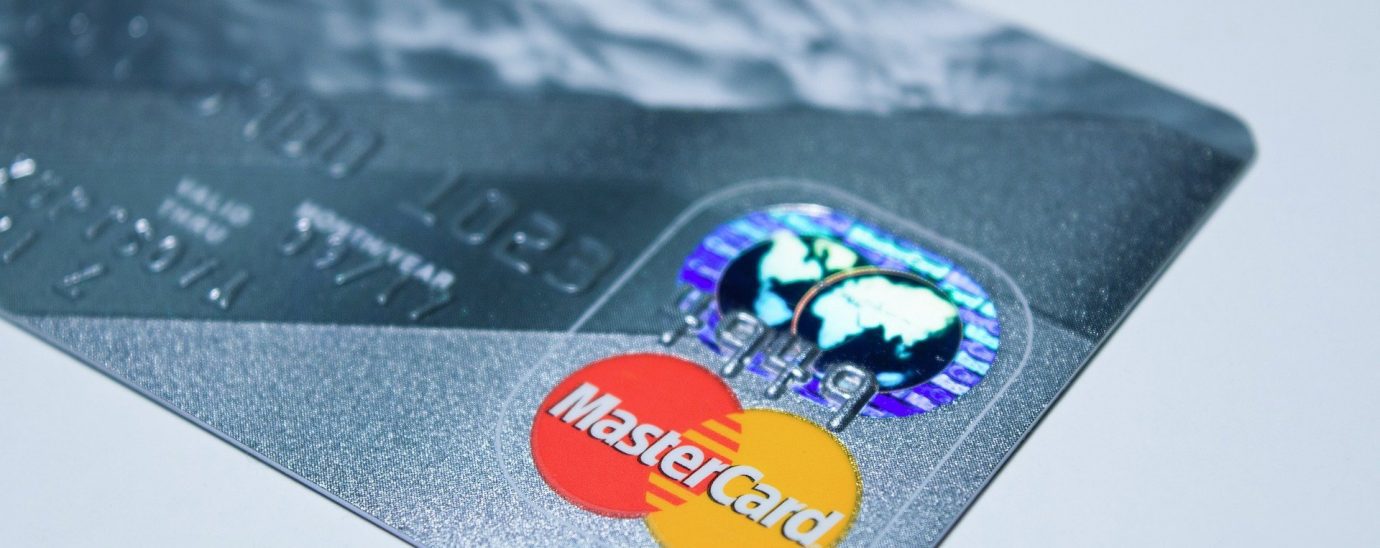Mastercard to remove magnetic stripe from cards

Mastercard has announced that it will stop issuing cards with a magnetic stripe.
Mastercard has announced that it will have removed magnetic stripes from all of its credit and debit cards. Banks in Europe will be able to issue stripe-less cards to Mastercard customers from 2024. Though the “swipe” method is all but obsolete in the U.K. and across Europe, magnetic stripe systems are still in regular use across the U.K. In addition, Mastercard announced that chip-and-pin and biometric cards that require fingerprints for use are both more secure than the magnetic stripe. Mastercard is currently the first card provider to publically announce the end of magnetic stripe cards.
Evolution
In the earliest days of credit cards, information for each card-carrying customer had to be written by hand. Flatbed imprinting machines followed shortly after, designed to record the card information on carbon paper packets. IBM changed the game in the 1960s by innovating the magnetic stripe. The magnetic stripe allowed banks to encode card information onto the magnetic tape laminated to the back.
The state of payments today
Today’s chip and pin reader is far advanced from the stripe as microprocessors power it. They are also embedded with the micro antennae that allow contactless transactions to occur, adding greater convenience to a consumer’s spending experience. Biometric cards also provide a greater level of security as they combine fingerprints with chips for verification.
A December survey for Mastercard by the Phoenix Consumer Monitor found that half of Americans today prefer using a chip card method to make payments instead of other payment methods. In April Phoenix Consumer Monitor released another report that found that 81% of American cardholders are content to own a card lacking a magnetic stripe.
“It’s time to fully embrace these best-in-class capabilities, which ensure consumers can pay simply, swiftly and with peace of mind,” says Ajay Bhalla, president of Mastercard’s Cyber & Intelligence business. “What’s best for consumers is what’s best for everyone in the ecosystem.”
READ MORE:
- Revolut becomes Britain’s most valuable fintech firm
- Klarna becomes the first fintech to join The Climate Pledge and Race to Zero campaign
- Visa will acquire open banking fintech Tink
- Uber’s EMEA Operations Director joins fintech unicorn Mollie as COO
“The merchant community looks forward to a day when requirements to support the magnetic stripe and the burden to protect data merchants really don’t need are eliminated,” says John Drechny, CEO of the Merchant Advisory Group, which represents more than 165 U.S. merchants. “We applaud Mastercard for taking this next step to help to strengthen payment security and protect merchants and consumers from risk. We’d like to see others in the industry move in this direction.”
For more news from Top Business Tech, don’t forget to subscribe to our daily bulletin!
